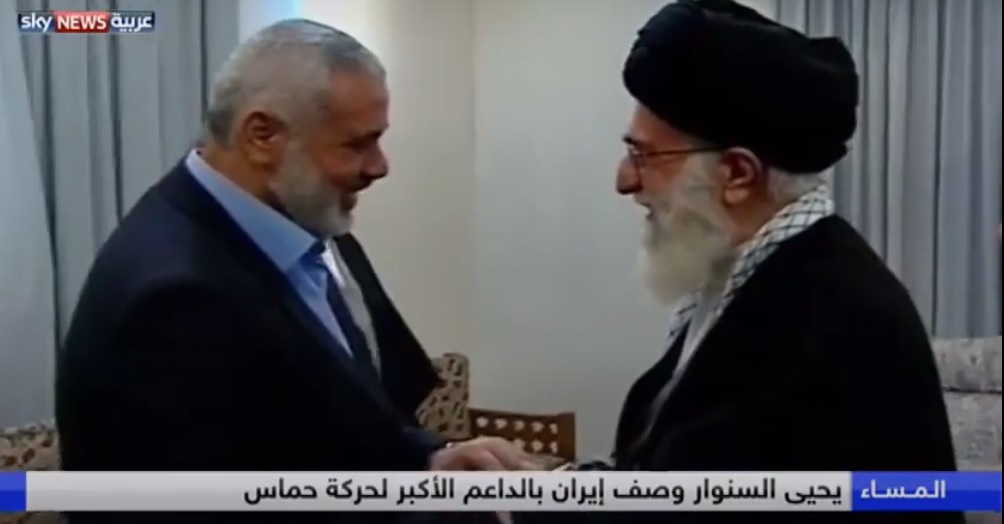The Iranian regime, often perceived as an influential supporter of various groups in the Middle East, is continuing to work on its plans to target Israel through its proxies.
Iran had prior knowledge of Hamas’s intentions to attack Israeli settlements near the Gaza Strip border and gave it the green light.
Now, Iran, in collaboration with Hamas and Hezbollah, is gearing up for a potential IDF ground invasion of the Gaza Strip.
On October 14th, Iranian Foreign Minister Amir Abdullahiyan met with Hamas leader Ismail Haniyeh and several members of the Hamas Political Bureau in Doha.
The primary agenda was to discuss the next steps in anticipation of IDF forces entering Gaza.
Sources within Gaza report that Hamas’s leadership assured the Iranian minister of their readiness for a ground military confrontation with the IDF in Gaza.
Furthermore, they claimed to possess undisclosed weaponry that Israel is unaware of and intends to deploy shortly.
These sources from Hamas suggest that the organization’s military wing has developed secret weapons that could prove to be game-changers in the conflict.
At the meeting, discussions also focused on establishing “red lines” that would dictate the extent to which Hezbollah and Iran may become involved in the Gaza conflict.
Iran’s Foreign Minister reassured Hamas that they wouldn’t abandon Gaza and would not permit Israel to eliminate Hamas’s leadership.
He emphasized that if Israel persisted in its fighting, the conflict could expand beyond the Gaza Strip.
These newly established “red lines” indicate the surprise felt by the Iranian-led resistance axis, which did not anticipate Israel’s determination to topple Hamas or the resolute American response aimed at protecting Israel’s interests.
The United States and Israel have been closely monitoring the situation.
The Biden administration is resolute in its position that it will not permit Iran and Hezbollah to intervene in support of Hamas.
In a show of strength, the United States is deploying a second aircraft carrier to the Middle East region to emphasize this message.
Political sources in Jerusalem have termed the meeting in Doha as the “Evil Summit.” They view it as evidence of the continued close coordination between Hamas and Iran against Israel.
Iran and Hamas are disheartened by Hezbollah’s indecisive stance, as it refrains from committing to joining the war against Israel, fearing harsh reactions from the U.S. and Israel.
Hamas has also expressed disappointment in the reactions of many Arab countries, which seem content with mere rhetoric.
There is a lack of a unified Arab position, and these countries disapprove of Hamas’s violent actions in Israeli settlements along the Gaza Strip border.
They are reluctant to support Hamas, fearing global condemnation for supporting terrorism.




